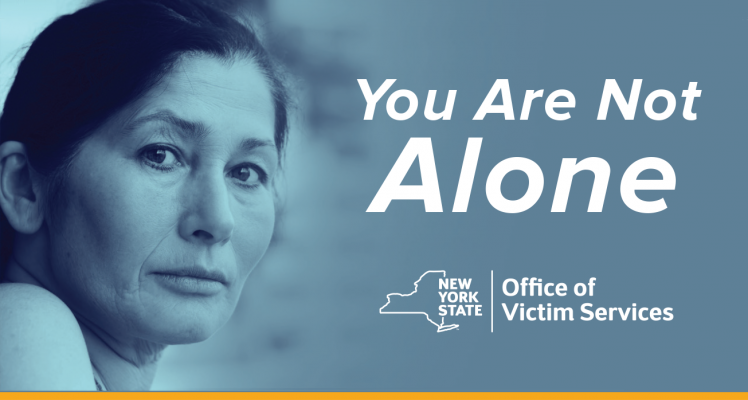When—and Why—Crime Victims Need Advocates
When a crime that involves a victim is prosecuted in New York, the Assistant District Attorney assigned to the case represents the State of New York. That’s right, the prosecutor, also called the ADA, is not the attorney for the victim. Naturally, the ADA should represent the desires and interest of the victim—but that isn’t always the case. That’s where a victim’s advocate comes in. Lawyers who advocate on behalf of crime victims endeavor to ensure that the needs and desires of their clients are satisfied. Some common crimes where a lawyer is retained as victim’s advocate include: sexually motivated offenses, domestic violence charges, assault, larceny and robbery and burglary. In addition, victims of crimes such as sex abuse may have a legal claim such as under the New York Child Victims Act or a claim for sexual assault as an adult.
For example, I was retained by women who were victims of Unlawful Surveillance by a man who secretly recorded sex acts without their consent. Incredibly, he initially claimed that the cameras were present to watch his dog. There was a genuine concern that the ADA who was assigned the case was not representing the best interests of the victims. Again, the prosecutor was not an attorney for the victims. A prosecutor’s job is to do justice. What a victim believes is justice may depart from a prosecutor’s belief. In the end, the defendant who was charged and indicted for Unlawful Surveillance pleaded guilty to two counts of attempted Unlawful Surveillance and will have a permanent criminal record. Without breaching any confidences, I can say that the advocacy related to the case affected the plea that was more respectful to the wishes of the victims than initially proposed.
In New York, victims have many rights under the law. However, unlike 32 other states, crime victims in New York have no constitutional rights. The state constitutions of Connecticut and Wisconsin are two of the many standouts for constitutional rights of victims. Whereas, New York grants crime victims standards of fair treatment under its laws. Among the most important provisions of the New York law include:
- Programs that provide counseling, treatment or support for crime victims, like rape crisis centers, victim/witness assistance programs, elderly victim services, victim assistance hotlines and domestic violence shelters;
- Routine notification of a victim or witness as to steps that law enforcement officers or district attorneys can take to protect victims and witnesses from intimidation; and
- Notification of victims, witnesses and relatives of those victims of judicial proceedings including the arrest of a defendant, appearances of a defendant, the release of a defendant and proceedings in the prosecution like pleas, trial and sentencing and specific information prior to sentencing.
In addition, a crucial right of a crime victim is to make a statement for at the time of a defendant’s felony sentencing. This does not extend to sentencing for misdemeanor crimes, but judges often extend the right to crime victims upon request by a prosecutor.
In addition, the New York State Office of Victim Services provides guidance, support and financial assistance related to medical bills and counseling expenses; burial and funeral costs; lost wages; and other types of assistance. The Office of Victim Services publishes a helpful guide relating to the rights of crime victims in New York.
One important function to the Office of Victim Services is to provide compensation to crime victims under certain circumstances. Compensation, with certain limits includes: medical and counseling expenses, loss or damage of essential personal property up to $500, burial/funeral expenses up to $6,000, lost wages or lost support (including lost wages of parents if a child victim is hospitalized) up to $30,000), occupational/vocational rehabilitation, use of shelters by domestic violence victims and their children, crime scene clean-up up to $2,500, and moving expenses up to $2,500.
While prosecutors have specific moral and legal duties towards victims, unfortunately they don’t always live up to those responsibilities. That’s why a victim of a crime may opt to retain an attorney whose sole job it is to represent their interests rather than those of the People of the State of New York.





